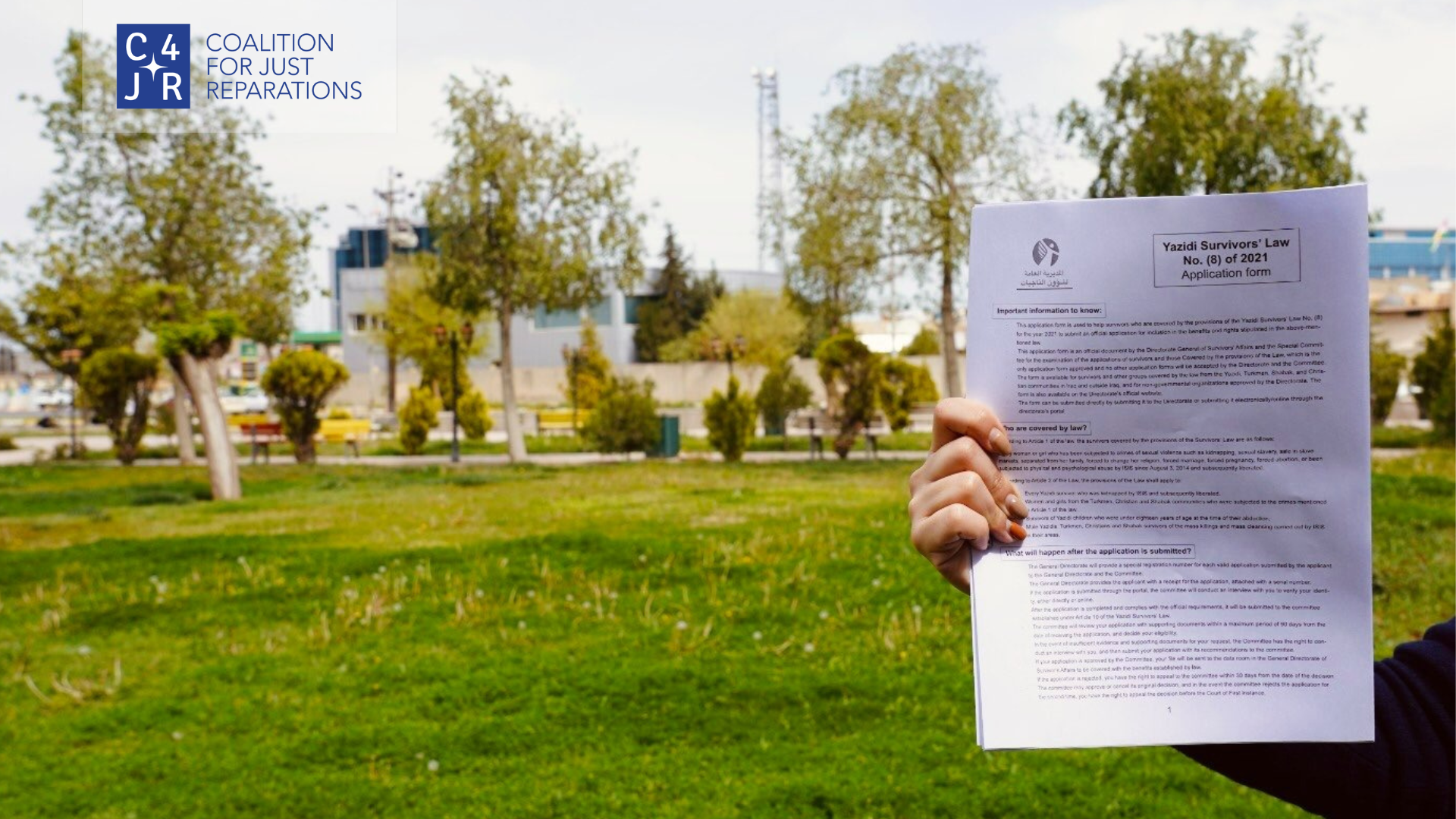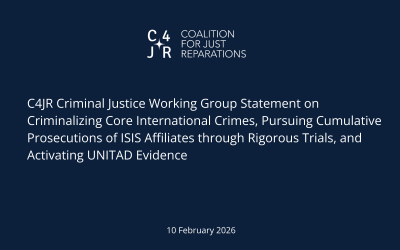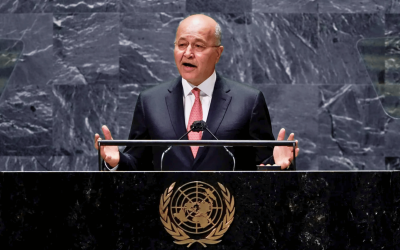By passing the Yazidi [Female] Survivors Law (YSL), Iraq has made considerable progress in addressing the legacy of ISIL crimes against Yazidis and other minority groups. The YSL is also one of the very few examples of states taking deliberate action to specifically address the rights and needs of survivors of conflict-related sexual violence (CRSV). Failure to ensure that the benefits promised under the YSL reach those in need would put this achievement at risk. Given the YSL’s focus on survivors of CRSV, stakeholders involved in the legislative process dedicated a great deal of attention to integrating survivor-centered approaches in both the YSL and its associated by-laws, including certain safeguards to ensure their protection. Key among those safeguards are the relaxed evidentiary standards established to facilitate effective and appropriate application and review processes, without placing undue burden on survivors or increasing the risk of re-traumatization through invasive methods of investigation and verification.
Many survivors previously gave their testimonies to governmental bodies as well as NGOs. Thus, according to the by-laws of the YSL, the Committee shall first exhaust official evidence before resorting to other proof (Article 8/2), and survivors may submit a wide range of documents to support their reparation claims such as government records, NGO reports, and eyewitness testimony, among others (Article 8/1). To further establish the validity of these documents and verify the identity of eligible survivors, the Committee may also, as a measure of last resort, interview applicants (Article 8/3), and its members received training for this purpose.
In an alarming development, the Committee in charge of reviewing and deciding upon individual reparation claims has introduced a new evidentiary requirement for all survivors applying for reparations under the YSL – one which lacks a legal basis within the law and its by-laws and, in fact, contradicts the safeguards deliberately included in these texts. Survivors have been instructed to first file a criminal complaint with an anti-terrorism court in Federal Iraq and submit relevant investigation documents together with their YSL application. Applications from survivors who do not submit investigation documents will be rejected, regardless of the plethora of pre-existing evidence collected by official bodies and NGOs, as well as the possibility for the Committee to interview survivors themselves. The fate of applications submitted under the YSL before the Committee introduced this requirement remains unclear.
This requirement is not in line with the letter or the spirit of the YSL and will effectively prevent thousands of eligible survivors from accessing their right to reparations. This is because many survivors will refrain from making criminal complaints in order not to expose themselves to the mistreatment, humiliation, shame, and stigma that might transpire in the process. Many survivors will also not file complaints due to protection risks, because they lack trust in the Iraqi judiciary to maintain confidentiality. This is true for all eligible survivors under the YSL, but especially for Yazidi, Turkmen, Christian, and Shabak female survivors of sexual violence and Yazidi children who were forcibly conscripted by ISIL. Finally, this requirement is likely to be prohibitive for the high numbers of survivors in the broader diaspora outside of Iraq, who may not have the required investigation papers and may be unable or unwilling to return to Iraq to undertake the onerous process of procuring these papers.
Some examples of abusive practices by the judiciary, as witnessed by C4JR members, include:
- A female Yazidi survivor was screamed at by an investigator who told her that she is “lying” and that he “will put her in prison for that”. The survivor later said that she will “never come back [to provide a statement], even if they give her all the money in the world”.
- Female Shabak survivors were called “Majida” by court employees, a derogatory word used to insult women and girls.
The criminal complaint requirement will multiply the impact of ISIL violations on survivors, forcing them to go through yet another violating experience or depriving them of much-needed reparation benefits altogether. The C4JR thus urges the Committee to immediately drop this requirement and follow the standards enshrined in the by-laws, which serve the YSL’s rationale of “address[ing] the [physical, psychological, social and material] damages” suffered by survivors, “especially women and children”.
Look at the story of survivors here:



